Last updated on 2025-08-30
A review and Photo example of the HIPOLION 19mm / F8 (F4 – F8 is soft focus) with LEICA M-P typ240,LEICA M9 andLUMIX GM5.
- Please see the disclaimer regarding advertising here.
- Italicized links in the text are advertisement links that take you to other sites.
Table of contents
Gallery
The following cameras were used to take the example photographs:
- LEICA M-P typ240
- LEICA M9
- LUMIX GM5
Review
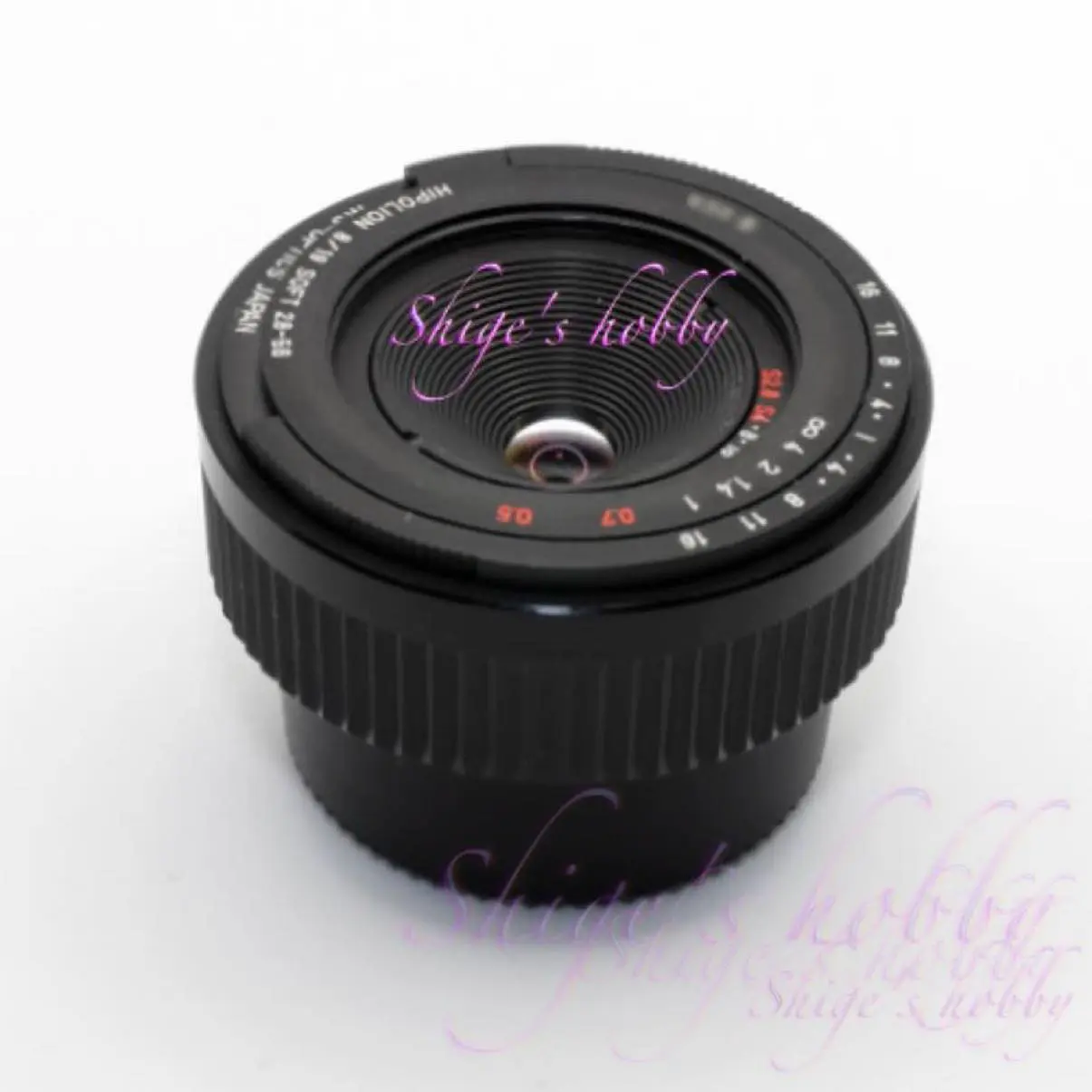
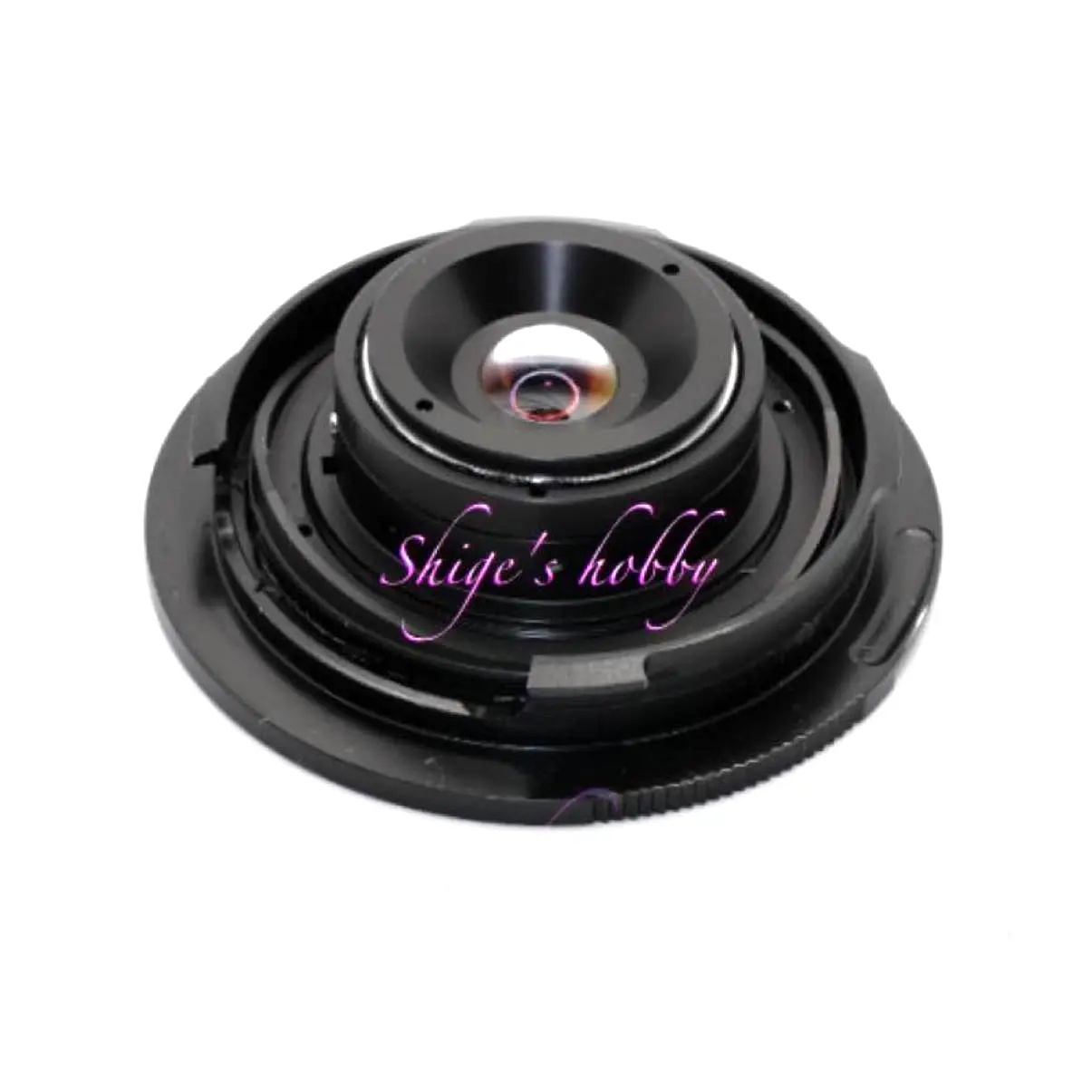
1.Overview
The MS-HIPOLION 19mm is one of the Miyazaki History series, and with a lens barrel thickness of 2.6mm, it is the thinnest lens from Ms-optics.
The name of this lens, “Hipolion”, is a homage to Goertz’s Hypergon, a famous symmetrical lens made up of two pieces of glass, and this lens is constructed in a similar way.
The minimum shooting distance is 0.5m, and the aperture is unique; to obtain a sharp image for normal use, it is necessary to narrow the aperture to F8 or later, and this position is the aperture start position for the Hipolion. However, the aperture can be opened up to F4, which results in a unique depiction.
The filter diameter can be screwed in to the front of the lens with a standard 34mm. However, the aperture ring cannot be moved, so the aperture cannot be changed.
2.Usability
The MS-HIPOLION 19mm is 2.6mm thick, thinner than the body cap, so the thickness of the lens is barely noticeable when attached to the camera. Although it is unlikely because the focal length is 19mm, it is necessary to be careful because your hand may be reflected depending on how you hold the body.
Because of its thinness, it is a little difficult to perform basic operations such as changing the aperture and adjusting the focus, which are necessary when using the lens. There is no vignetting even when a filter is attached, but as mentioned above, the aperture cannot be changed.
Setting the aperture to F8 allows you to use it with almost pan focus, so it is sufficient for casual snapshots.
The LEICA M Typ240, a veteran of the 35mm full-frame sensors, has noticeable color casts and image distortion in the peripheral areas of the captured image. It is better to use a camera with a sensor that does not notice color casts, or to use a small sensor of Micro Four Thirds or APS-C size where the peripheral areas are cropped.
As mentioned in the overview, the aperture can be opened up to a maximum of F4, and sample images are shown at F4, F5.6, and F8. Even the softest image at F4 has a reasonable depiction of the center, so it can be used as an accent when shooting, but the depiction at F4 tends to result in similar photos, so the photographer will grow tired of them.
Even if the design is a bit unreasonable in this way, it is good that users can freely choose how to use it.
This lens shows part of the policy of designer Miyazaki, who prefers to create a variety of expressions with a single lens.
3.Summary
In conclusion, to sum up the MS-HIPOLION 19mm is a lens that has been developed to maximize the image quality possible with two pieces of glass, and is the thinnest lens from MS-Optics. Although it is not a lens that is suitable for everyday use due to the compromise in image quality, it is a good lens for a little fun and relaxation.
Specifications, considerations, etc.
The Contax G Hologon 16mm is a lens with a fixed aperture of F8, but when you look through the lens you can see a disk-shaped aperture, so it seems that you could make it brighter by opening the aperture, but the image quality would probably suffer.
The S-Nikkor 25mm, said to be a copy of Nikon’s Topogon, has an aperture of F4 at full aperture, and the reason it provides practical image quality even at full aperture is probably because the focal length and lens structure are different from the Hypolyon.
The Russian Orion 15, a symmetrical lens like the HIPOLION, has a focal length of 28mm and F6, but when you look through the lens it is at its maximum aperture, and just like the Hologon, it seems that the designers have limited it to a point where the image quality does not suffer.
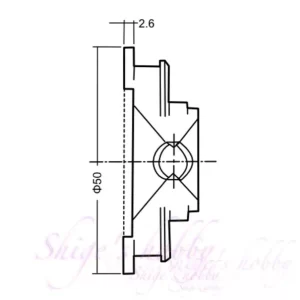
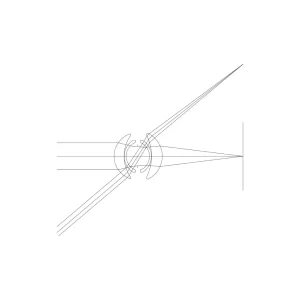
| Item | HIPOLION | HOLOGON (CONTAX-G) | Nikkor 2.5cm F4 |
| focal length(mm) | 19 | 16 | 25 |
| Maximum aperture | 4 | 8 | 84 |
| Minimum aperture | 16 | 16 | 22 |
| Lens configuration | 2groups in 2elements | 5elements in 3groups | 4groups in 4elements |
| Leaf blade | 10 | – | 8 |
| Minimum distance(m) | 0.5 | 0.3 | 1 |
| Lens length(mm) | 2.6 | 11 | – |
| Lens max diameter(mm) | 50 | 57 | – |
| Filter diameter(mm) | – | – | – |
| Weight(g) | 70 | 120/124(M) | – |
| Release date | 2020.12 | 1994 | 1953 |
| Official price | 60,000 Yen | – |
Reference links
- Image of Hypergon by Wikipedia
- Website explaining Hypergon
- Topogon Lens description from Wikipedia
- Tale of the Nikkor One Thousand and One Nights: The 29th Night W-Nikkor-C 2.5cm F4
- Nikon (Nippon Kogaku K.K.) RF W-Nikkor.C 1:4 f=2.5cm (25mm f/4.0)
Affiliate Link

Amazon Prime Sale
Update history
- 2024.11.25
- 2024.8.11
- 2024.03.13
- 2022.12.08

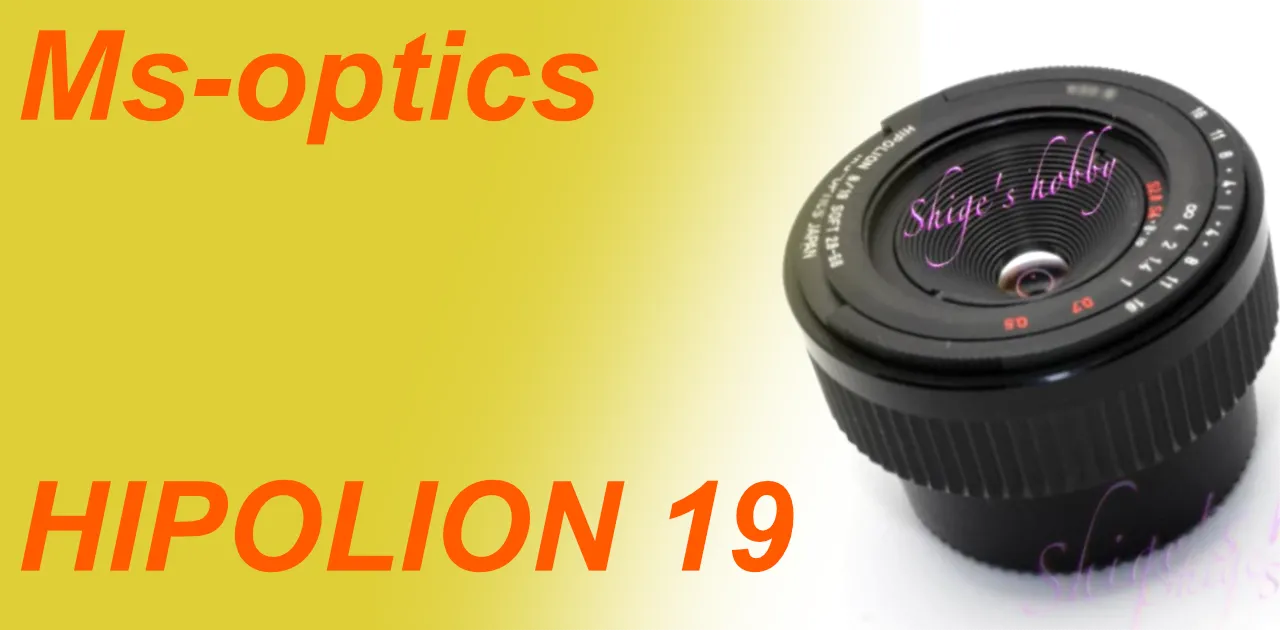

Be First to Comment